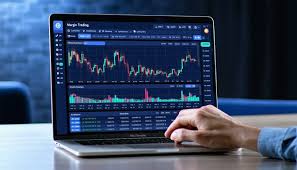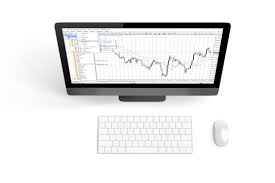
The dynamic relationship between traders and forex broker plays a pivotal role in the global foreign exchange market, an industry with a daily trading volume exceeding $7 trillion. Both parties rely on one another for success, forming a mutual partnership that balances service provision with strategic decision-making.
Who Are Forex Brokers?
Forex brokers serve as intermediaries, enabling traders to access the foreign exchange market. They provide trading platforms, market data, account management tools, and a range of features designed to facilitate efficient trading. While brokers traditionally operated through physical locations decades ago, the rise of digital platforms now enables traders across the world to connect with them from the comfort of their homes.
A broker’s primary offering lies in their trading platform, which serves as the hub for market analysis, placing trades, and monitoring performance. Additionally, brokers may provide features such as flexible leverage options, real-time data feeds, educational materials, and customer support. These tools empower traders to make informed decisions in a fast-paced and volatile trading environment.
Traders’ Needs from Brokers
Forex traders span a wide range, from beginners seeking to learn the fundamentals to seasoned professionals managing highly detailed strategies. Despite this diversity, traders universally demand certain qualities from their brokers to enhance their experience and success.
1. Seamless Trading Platforms
A reliable trading platform is critical for every trader. Traders prioritize platforms that are user-friendly, quick to execute trades, and capable of providing accurate live market data. Brokers that offer tools such as technical analysis charts and automated trading options tend to attract a larger client base.
2. Flexibility in Offerings
Many traders seek brokers offering a mix of features tailored to their varied strategies. This can include flexible leverage, a choice of currency pairs, and diverse account types that cater to both low-risk traders and high-volume participants.
3. Transparency and Trust
The bond between traders and brokers depends heavily on trust. Traders look for clear terms regarding costs, such as spreads, commissions, and withdrawal fees. Transparent policies foster confidence that the broker values fair practices.
Brokers’ Dependence on Traders
While traders rely on brokers for access to markets and tools, brokers similarly depend on traders for their business growth and operational success. The foreign exchange market thrives on liquidity, which is driven by active participation. Brokers benefit from high trading volumes, as their revenue models often include spreads, commissions, or subscription fees.
Additionally, feedback from traders enables brokers to refine their offerings. Many brokers invest extensively in platform upgrades, additional features, and educational resources to retain existing clients and attract new ones.
A Symbiotic Relationship
The relationship between brokers and traders can be aptly described as symbiotic. For brokers, traders represent the primary drivers of business. For traders, brokers provide the technical and informational infrastructure needed for competitiveness. Together, they sustain the market’s vibrance and growth.
By fostering this cooperative bond, both parties contribute to the immense scale and popularity of Forex trading. Whether through technological innovation or service enhancements, the collaboration between traders and brokers continues to evolve, shaping the future of the Forex market.
